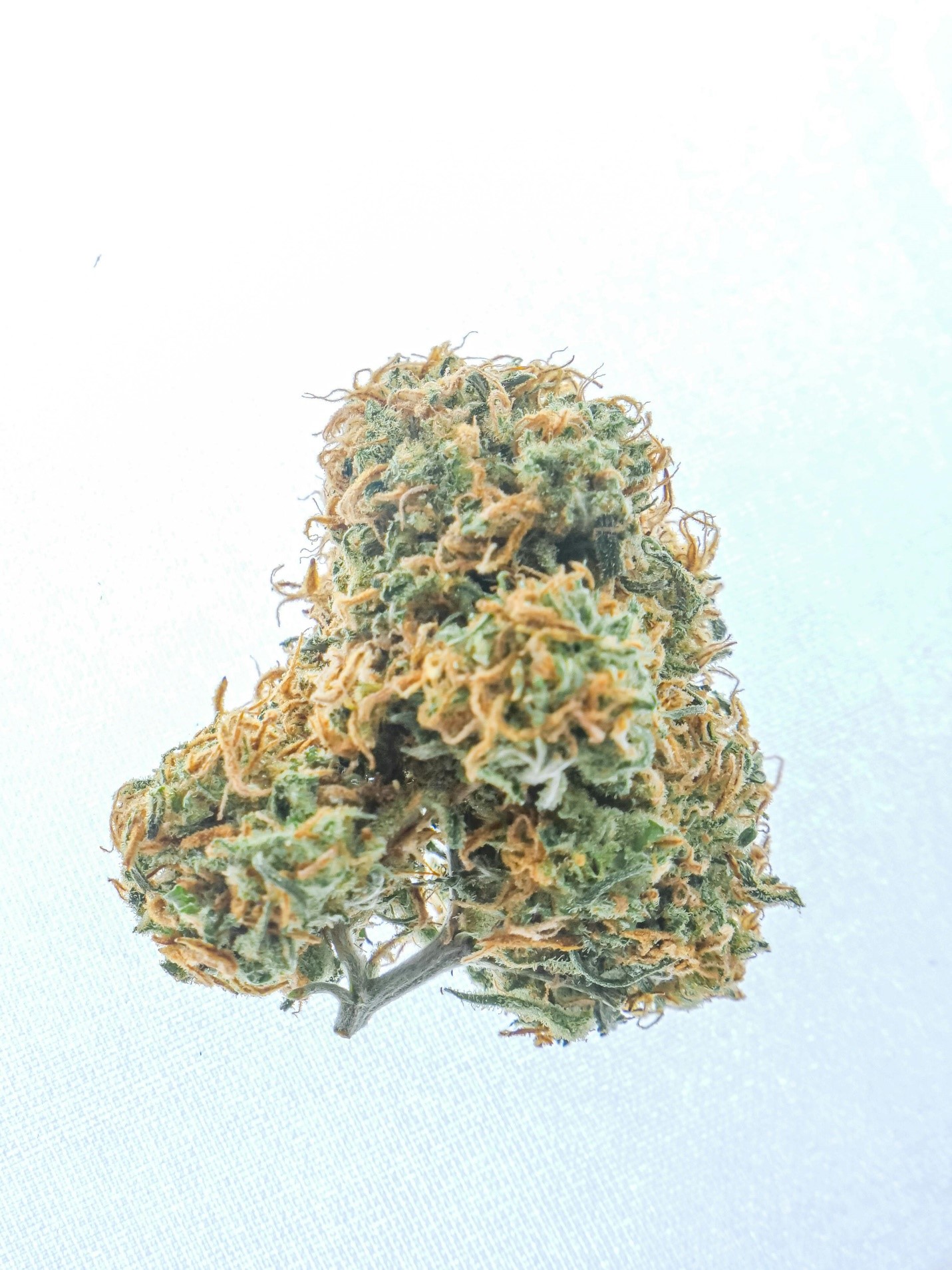Understanding Delta-8-THC: A Detailed Exploration

Understanding Delta-8-THC: A Detailed Exploration
Delta-8-THC (tetrahydrocannabinol) is a cannabinoid found in cannabis plants, known for its psychoactive effects similar to delta-9-THC, the primary psychoactive compound in cannabis. This article provides an in-depth look at what delta-8-THC is, its legality, effects, potential benefits, and considerations surrounding its use.
Chemical Composition and Structure:
Delta-8-THC is a naturally occurring cannabinoid found in small amounts in cannabis plants. It is chemically similar to delta-9-THC but differs in the placement of a double bond in its molecular structure. This slight variation affects how it interacts with the endocannabinoid system in the body, influencing its psychoactive effects.
Legality:
The legality of delta-8-THC varies by region and jurisdiction. In the United States, delta-8-THC derived from hemp (cannabis plants with less than 0.3% delta-9-THC by dry weight) is often considered legal under the 2018 Farm Bill, which legalized hemp and its derivatives. However, states have different regulations, and some have explicitly banned delta-8-THC products or placed restrictions on their sale.
Effects and Psychoactivity:
Delta-8-THC is psychoactive, meaning it can alter mood, perception, and cognition. Its effects are often described as milder and more subtle compared to delta-9-THC, with less anxiety and paranoia reported by some users. However, individual responses can vary, and higher doses may still induce intoxication and impairment.
Potential Benefits:
While research on delta-8-THC is limited compared to delta-9-THC and CBD, some potential benefits have been suggested:
- Pain Relief: Like other cannabinoids, delta-8-THC may have analgesic properties, potentially offering relief from pain and inflammation.
- Anti-nausea Effects: Delta-8-THC has shown promise in reducing nausea and stimulating appetite, similar to delta-9-THC.
- Anxiety Reduction: Some users report experiencing less anxiety and paranoia with delta-8-THC compared to delta-9-THC, although more research is needed to confirm this effect.
Considerations and Risks:
- Psychoactive Effects: Delta-8-THC can impair judgment and coordination, similar to delta-9-THC. It is advised to avoid operating heavy machinery or driving while under the influence.
- Legal Concerns: Due to evolving regulations, consumers should verify the legality of delta-8-THC products in their jurisdiction before purchasing or using them.
- Quality and Purity: As with any cannabinoid product, it is essential to choose products from reputable sources that undergo third-party testing for potency and purity.
Conclusion:
Delta-8-THC is a cannabinoid with psychoactive properties similar to delta-9-THC, found in cannabis plants. While it is gaining popularity for potential therapeutic benefits and milder psychoactive effects, more research is needed to fully understand its effects, safety profile, and medical applications. Individuals interested in using delta-8-THC should approach it with caution, seek legal advice if necessary, and consider consulting healthcare professionals for personalized guidance on its use and potential benefits.